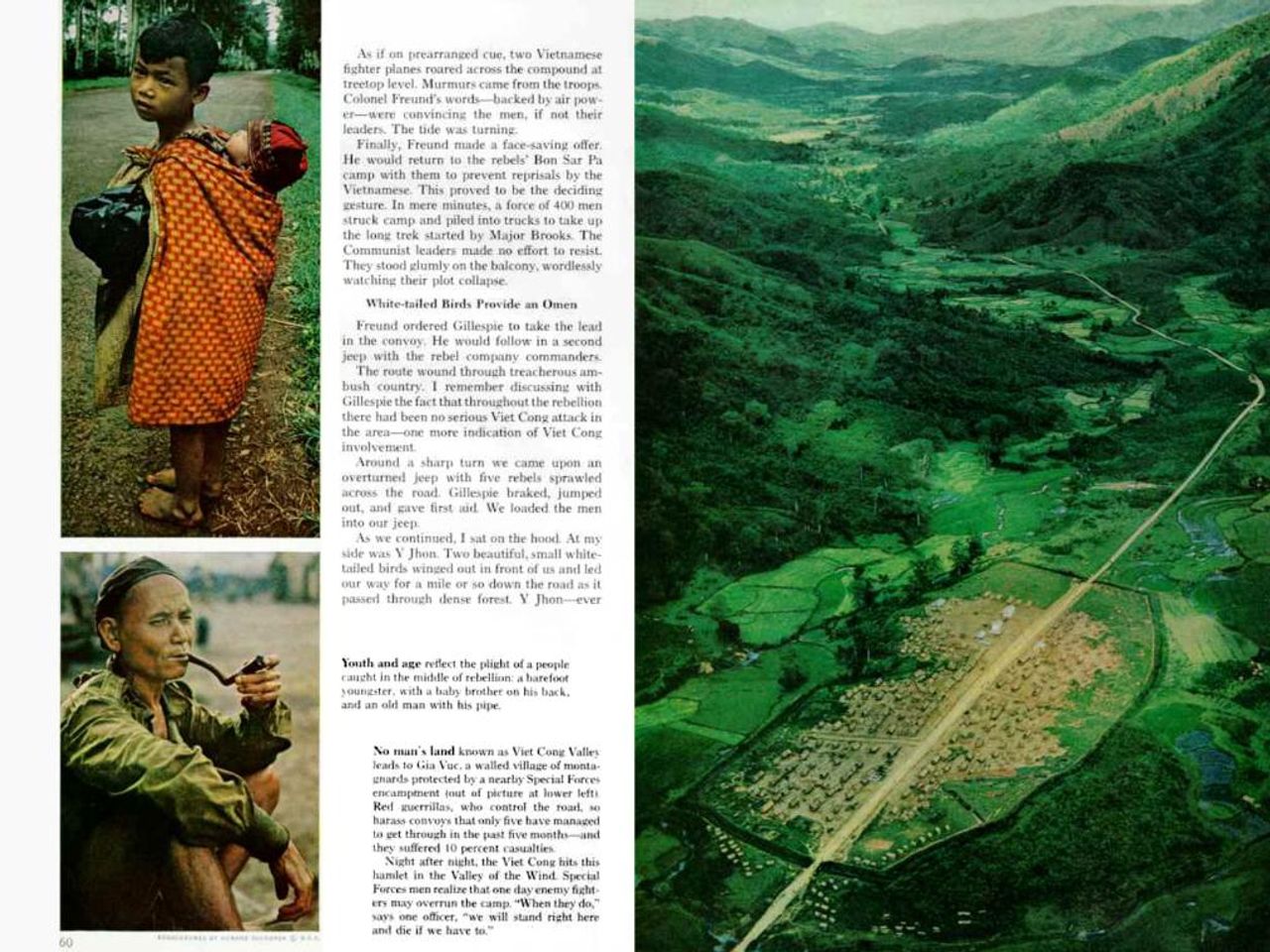Karabakh Armenians contemplate an uncertain future during peace negotiations
Life in Stepanakert, Nagorno-Karabakh's de facto capital, appears bustling and vibrant at first glance. After surviving heavy shelling during the war two years ago, the city has resumed its life with packed sidewalks and congested streets. The city has welcomed the influx of families displaced from Armenian-lost areas, filling schools to capacity. New cafes and restaurants have started operating since the conflict.
However, beneath the surface, a strong undercurrent of uneasiness persists. The leaders of Armenia and Azerbaijan have hinted at reaching a final peace deal this year, which seems to suggest Armenia's willingness to cede control over Nagorno-Karabakh to Azerbaijan.
This prospect is unacceptable to the region's ethnic Armenian population. But in spite of the precarious situation, residents put on a brave face hoping for the best.
"I don't believe Artsakh (another name for Karabakh) will become part of Azerbaijan," says a 45-year-old IT worker named Gayane, speaking to Eurasianet. "I have nowhere else to live, and I love Stepanakert, so why would I leave?"
Opposition against the potential handover has surged, particularly since the September 14 statement from Armenian Prime Minister Nikol Pashinyan hinting at signing a peace agreement giving up Armenian control of Karabakh. Protests drew thousands to Renaissance Square, with protesters demanding the government refuse to sign a peace deal as they chanted "Unity, Struggle, Victory."
The Armenian residents of Karabakh accuse Azerbaijan of plotting ethnic cleansing, feeling that Azerbaijan has no intention of allowing them to live peacefully in their homes. Their mistrust deepens, as videos surface of summary executions of Armenian captives by Azerbaijani soldiers, strengthening residents' convictions that living in Azerbaijan would be impossible.
Russian negotiators are trying to hammer out a deal postponing a resolution for Karabakh's status, potentially granting the populace a reprieve. However, many Armenians view the Russians as untrustworthy partners, frustrated by the peacekeepers' passivity during the 2020 Azerbaijani attacks. A new source of hope emerges with the appointment of Russian-Armenian billionaire Ruben Vardanyan as state minister (like a prime minister), vowing to renounce his Russian citizenship and move to Karabakh.
Many displaced residents grappled with the uncertainty of being possibly displaced yet again. "I have no desire to build a life in Artsakh (Karabakh), it's all uncertain and precarious," a 25-year-old resident named Vrej shares with Eurasianet, who was injured during the 2020 war and was forced to relocate when Armenian forces lost his hometown.
Enrichment Data:
Current Status of Nagorno-Karabakh
- Following Azerbaijan's military offensive in 2020, over 100,000 ethnic Armenians fled the enclave[1].
- Azerbaijan maintains control over Nagorno-Karabakh with much of the territory long disputed by Armenia[1].
Peace Agreements Between Armenia and Azerbaijan
- In March 2025, Armenia and Azerbaijan announced the completion of a peace agreement draft[3], signaling an end to nearly four decades of conflict.
- However, Azerbaijan's insistence on Armenia changing its constitution to acknowledge Azerbaijan's territorial integrity[1][3] has led to skepticism from Armenia, with concerns that this conditions delays the agreement signing.
Reactions of the Ethnic Armenian Population in Stepanakert
- The proposed peace agreement has been criticized for failing to address the humanitarian crisis or provide transitional justice for displaced Armenians living outside Nagorno-Karabakh[3]. This criticism argues that the treaty normalizes Azerbaijan's actions and undermines reconciliation efforts[3].
- Many ethnic Armenian residents fear further displacement and discrimination if Nagorno-Karabakh is placed under Azerbaijani control.
Future Prospects
- The future prospects for Nagorno-Karabakh remain uncertain, with a peace agreement still contingent, and renewed hostilities remaining a risk[4].
- Transitional justice, support for displaced Armenians, and addressing the root causes of the conflict will play crucial roles in shaping Nagorno-Karabakh's future.
- Despite constant tension and unease, the news of a potential peace agreement between Armenia and Azerbaijan regarding Nagorno-Karabakh's status has created a wave of general news and crime-and-justice related discussions among its ethnic Armenian residents in Stepanakert.
- As the leaders of Armenia and Azerbaijan hint at a final peace deal, controversies surrounding the politics of the region have resurfaced, including the politics of war-and-conflicts and displacement, becoming key topics of discussion and concern for Armenians in areas like Stepanakert.
- The upcoming peace agreement between Armenia and Azerbaijan, which may involve ceding control over Nagorno-Karabakh, has sparked a surge of interest in crime-and-justice related issues, as well as questions about the rights of displaced Armenians and general news surrounding the precarious situation in the region.







